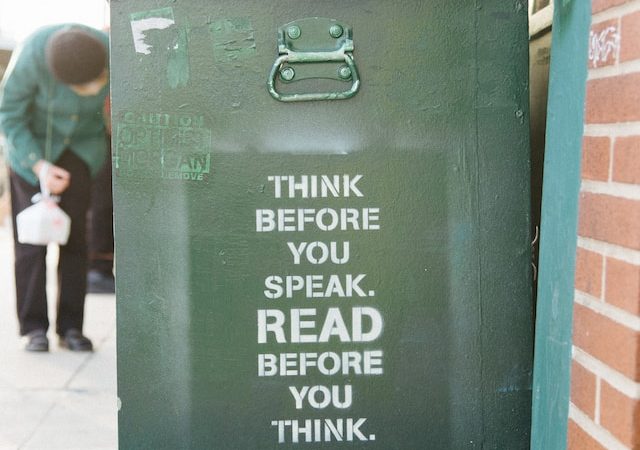Introduction: A legal battle is underway in a Florida school district as a lawsuit challenges the book constraints imposed on students. This contentious issue has ignited a heated debate about the limits placed on intellectual exploration and the importance of diverse reading materials in shaping young minds. Supporters of the lawsuit argue that restrictive book
Introduction:
A legal battle is underway in a Florida school district as a lawsuit challenges the book constraints imposed on students. This contentious issue has ignited a heated debate about the limits placed on intellectual exploration and the importance of diverse reading materials in shaping young minds. Supporters of the lawsuit argue that restrictive book policies hinder students’ access to a wide range of ideas, stifling creativity and limiting their educational growth. In this article, we delve into the details of the lawsuit, explore the arguments presented by both sides, and examine the potential impact on the educational landscape in the district.
1. The Lawsuit: Challenging Book Constraints
The lawsuit, initiated by concerned parents, educators, and advocates for academic freedom, seeks to challenge the book constraints imposed by the Florida school district. Plaintiffs contend that these constraints curtail students’ intellectual development by restricting their exposure to diverse perspectives and ideas. By taking legal action, they aim to promote a more inclusive and enriching educational experience for all students.
2. Assessing Book Constraints in the District
The book constraints implemented by the Florida school district involve limitations on certain books or content that may be deemed sensitive, controversial, or unsuitable for certain age groups. Proponents argue that these constraints are necessary to protect students from potentially harmful or age-inappropriate material. However, critics argue that such limitations can inhibit critical thinking, stifle creativity, and impede the free exchange of ideas.
3. Expanding Intellectual Horizons
At the heart of the lawsuit lies the belief that expanding students’ intellectual horizons requires access to a broad spectrum of books and ideas. Advocates contend that exposure to a diverse range of perspectives nurtures empathy, critical thinking skills, and a well-rounded understanding of the world. By challenging book constraints, they aim to promote an educational environment that encourages curiosity, independent thinking, and the exploration of new concepts.
4. Balancing Safety and Intellectual Freedom
The lawsuit raises important questions about striking a balance between ensuring student safety and preserving intellectual freedom. Supporters of book constraints argue that they safeguard students from potentially offensive or inappropriate material. However, opponents argue that overly restrictive policies can hinder students’ ability to engage with complex topics and impede their intellectual growth. They advocate for responsible guidance from educators to help students navigate challenging content instead of outright censorship.
5. Implications for Education and Beyond
The outcome of this lawsuit holds implications not only for the Florida school district but also for educational institutions nationwide. It calls into question the role of schools in promoting intellectual exploration, fostering critical thinking, and preparing students for a diverse and complex world. The lawsuit prompts a larger discussion about the need to create educational environments that encourage open dialogue, freedom of thought, and the development of well-informed and engaged citizens.
Conclusion:
The ongoing legal battle over book constraints in a Florida school district serves as a catalyst for examining the boundaries placed on intellectual exploration within the education system. It highlights the importance of fostering an environment that values diverse perspectives, critical thinking, and the free exchange of ideas. As the lawsuit unfolds, it prompts us to reflect on the role of education in shaping young minds and emphasizes the need to find a balance between protecting students and promoting intellectual growth.

















Leave a Comment
Your email address will not be published. Required fields are marked with *